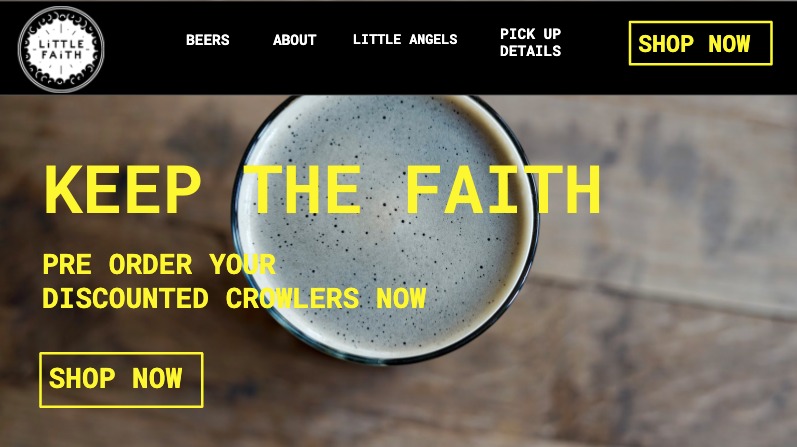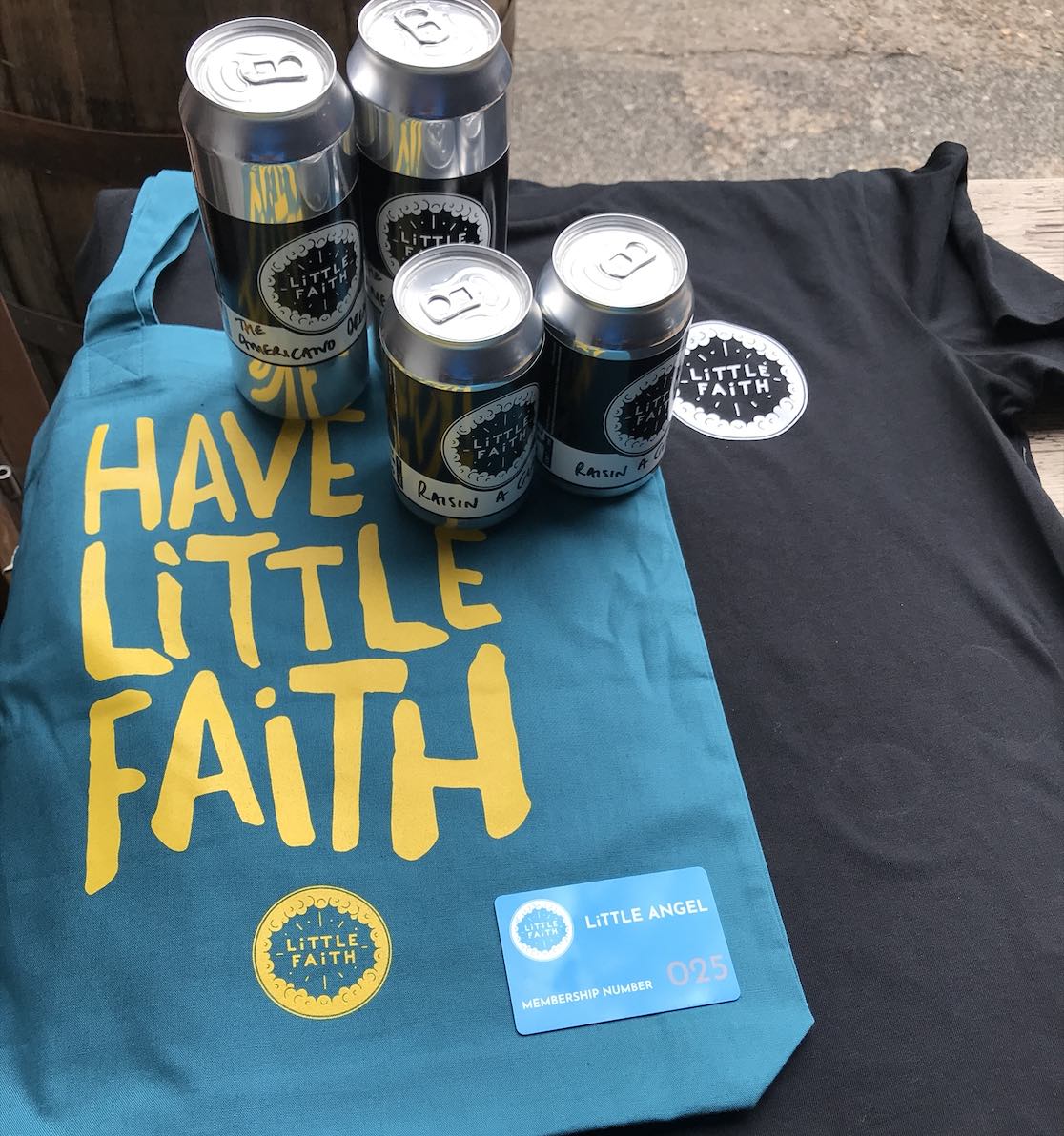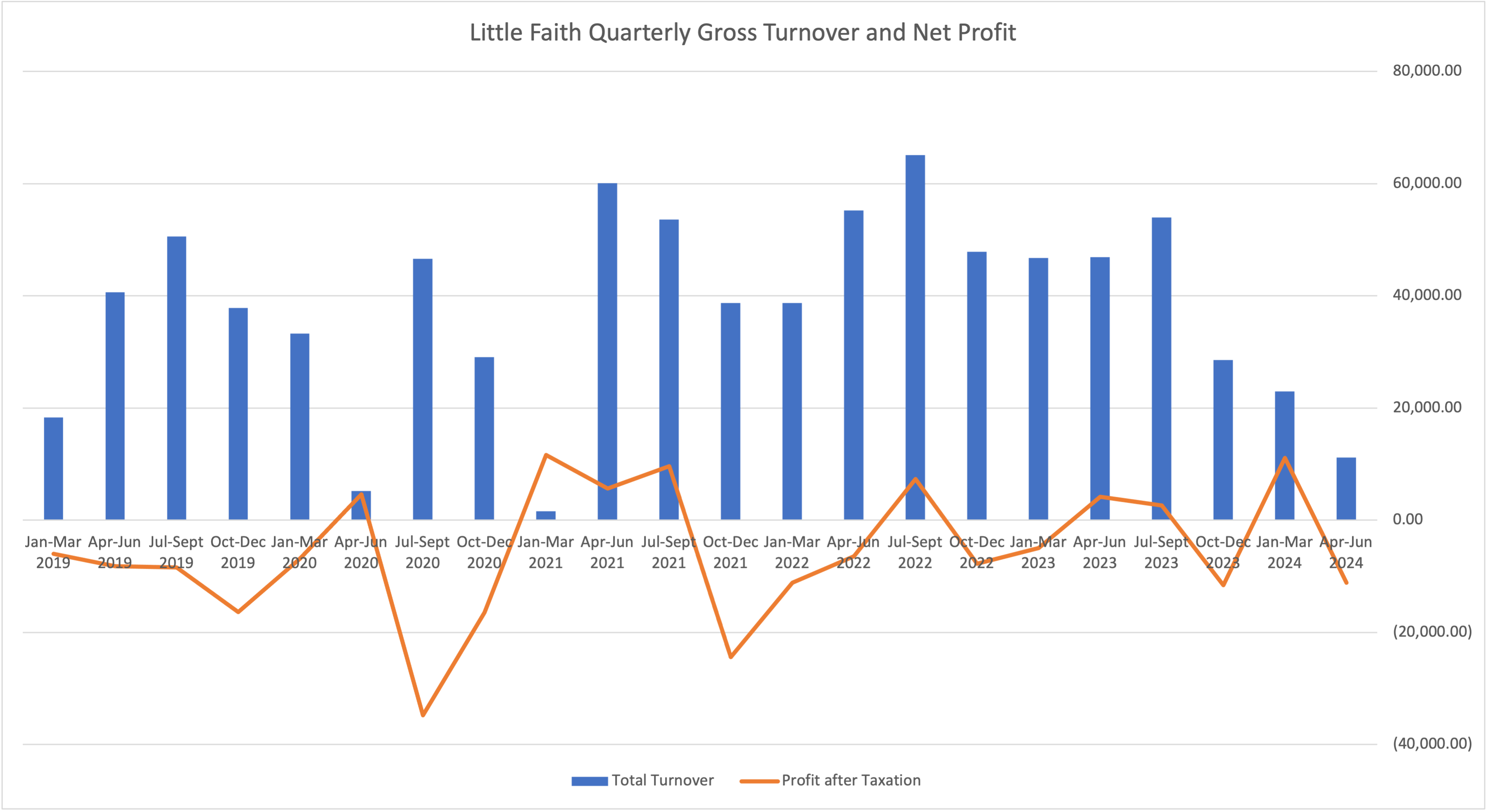About Me
Running my own businesses
In 2018 I threw myself into the world of running businesses. 3 businesses to be precise. Within the space of 6 months I’d opened a shipping container hotel in Waterloo, a brew pub in Deptford and an antiques retailing business. And my first child was born. A somewhat crazy time. Looking back I don't know what I was thinking.
But here’s the thing — they were all connected in some way.
The hotel was the culmination of 2 years I’d spent working with a development company. During the build phase, I worked with the team on-site, kept the budget in check, and basically made sure things got done. It was my paid job. My final property hurrah following 10 years in the industry. However it then turned into an operating business when we decided to manage the hotel rather than sell the building. I decided to stick around to design the brand, keep tabs on the operating partner, and handle the tech stuff like the mobile guest app.
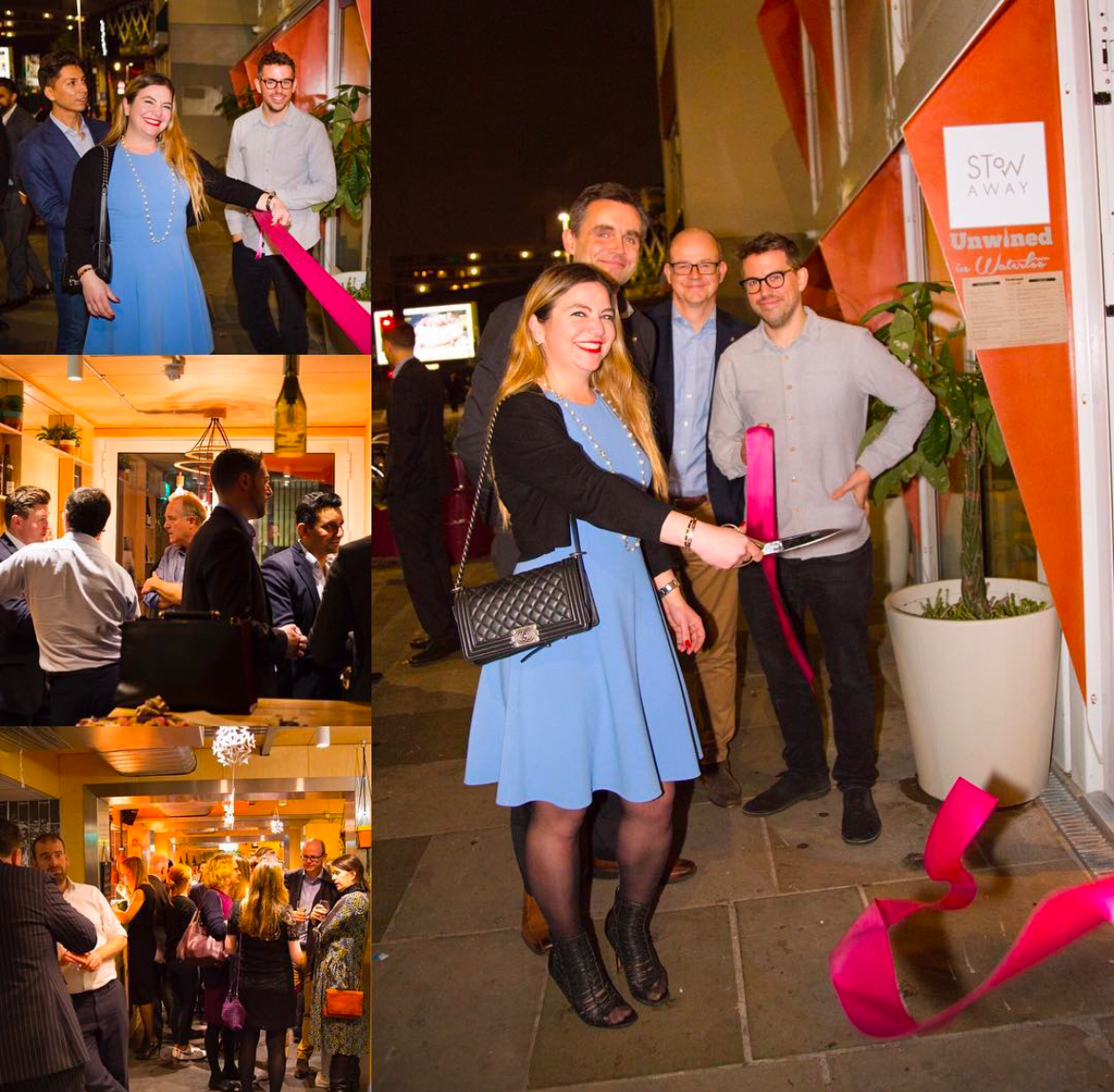
The pub had been a 3 year pipe dream since leaving my role at Camden Market. The previous owners of Camden Market were now developing the hotel and we’d agreed to work together on the basis I would eventually open a beer business on a site they owned in Deptford. I'd nearly taken the lease in 2016, but I’d got cold feet about my business partners and decided to pause, find a new partner and revise the business plan. In 2018 we were finally ready to launch.
The antiques business came as a late addition as my father (a retired lawyer with a lifelong passion for antiques) asked me if I’d be interested in partnering with him to set up an antique retailing business. The idea was that we would sell antiques online but also out of the pub, the hotel and another venue in Northumberland which my father owned. I would manage the online side of the business and he would manage stock purchases and the sales logistics.

In short, 2018 was a transformative year that changed my life in countless ways.
My life running a pub
When people find out I used to run a pub, they often say ‘I’d love to run my own pub’, or ‘that's every mans’ dream’. I guess I'm now in a position to provide some feedback.
The context. In the summer of 2018 a friend and I took on a new side project. We decided to brew some beers, and launch a bar called Little Faith in Deptford, South East London. Over the following six years, we brewed multiple beers, employed 36 staff, and generated over £1 million in revenue. We closed it in the summer of 2024.
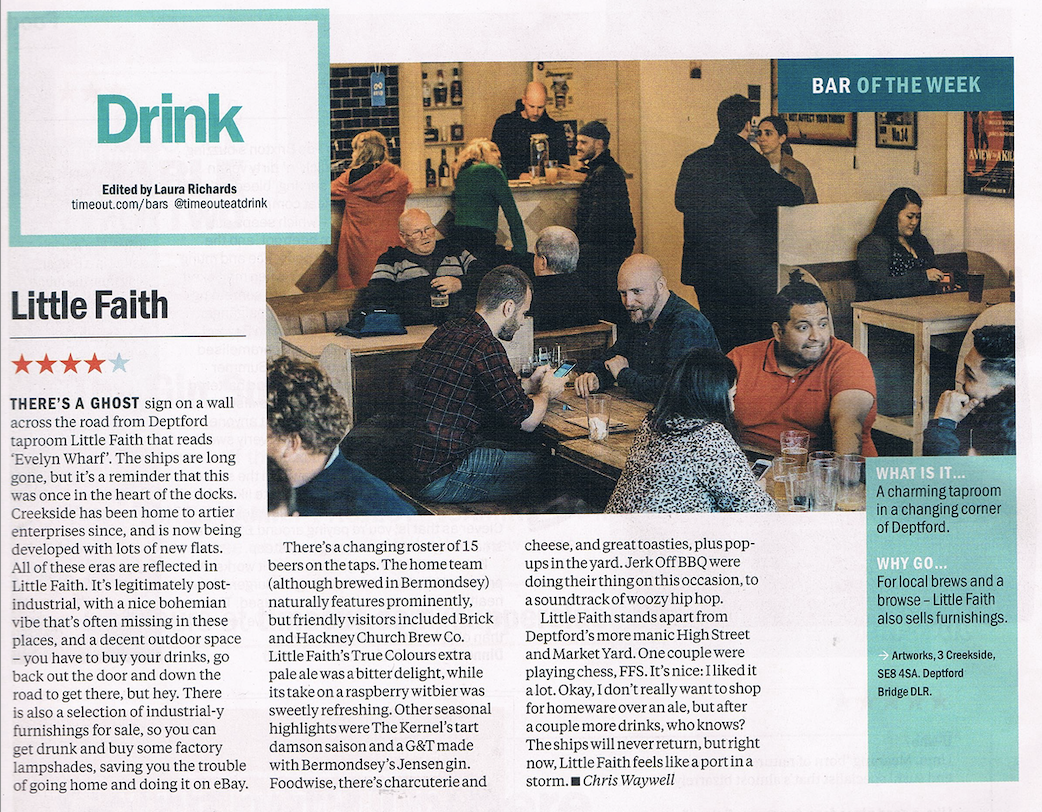
Did I love running a pub?
The answer would be yes and no. I think it's fair to say you’ll never know what it's like to run a business until you’ve run one. At the beginning I was caught up in the excitement of it all to think about it negatively. I suppose I did love it for a while. On opening night I was behind the bar pulling pints in front of a queue 3 people deep, including a lot of my friends. This was a great night. Many other great nights followed. Suddenly I had a stake within the local community. People started to recognise me in the street or mention how much they’d enjoyed coming to my pub. This was always lovely to hear.
However there were plenty of nights when the queue at the bar wasn’t three people deep. These nights were really tough (and costly). I also hired staff over time to replace me behind the bar (it was never the plan that I remain there), who were great and loyal but also came with challenges. Managing people is really hard. Then of course Covid came. Urgh. By the time I finally closed it nearly 6 years later I would say the love had gone. I still enjoyed the odd celebration there, including hosting my 40th birthday, but this didn’t quite make up for the weekly toil of managing a very tight cashflow, keeping the staff happy and engaged, and trying to make any sort of reliable forecast about the months ahead. The predominant feeling when it closed was relief.
Should it be every man’s dream?
I can still see the attraction. I think pubs are like churches. It’s a place for the local community to meet, to nod at each other. There's certainty as to when it will be open every week. A good landlord—definitely not me—often acts like the vicar. Getting to know the regulars, asking about their week, remembering their usual. All this stuff is pretty warming for the heart. But I think it takes a certain sort of person to be a publican. For one the working hours aren’t great if you ever wish to socialise somewhere else in the evenings. Also the profit margins of a pub are generally very tight. Costs for stock, staff, and rent were high—by the time we covered those, the profit we managed to turn was razor-thin and easily wiped out by a quiet week. We only survived the lean times due to a combination of covid grants, bounce back loans and a covid insurance payout. Perhaps things would’ve been different if mine had been the only pub in a quiet village, rather than one of many just 5 miles from central London. But even so at their core I believe pubs are a lifestyle business. You need to live it. I realised that it didn’t fit my lifestyle, but I don’t speak for everyone.
What did I learn?
A management consultant would probably read the above and say I could have ascertained the downsides before I dived in. And they might be right. But sometimes it's hard to drill in that message unless you’ve actually given it a go. And I think some of the lessons learned and experiences I had were really valuable, which I would not have learned had I only focussed on the facts.
Here are my 3 key takeaways:
- I learnt how to manage a crisis. Unfortunately there always seemed to be a crisis round the corner - at least one every 6 months. Most of the time it was cash flow related when our forecasts hadn’t panned out, requiring me to set up payment plans with suppliers until we came out the other side. But there were also unexpected things that would happen. During one of the Covid lockdowns I needed to quickly 1) sell existing stock and 2) raise money to reopen. I innovated with a "keep the faith" campaign to sell the stock in takeaway cans along with merchandise and membership discounts. The campaign generated £13k in sales and kept the business alive. I wouldn’t say managing a crisis was enjoyable at the time, often dominating my thoughts for days on end. Eventually I learned the following routine worked best whenever a crisis would arise. 1) don’t panic 2) sleep on it 3) revisit the problem with a clear head and 4) it will work itself out. And more often than not it did work out. The more this happened, the more confidence I gained knowing that under pressure I could deliver, and surprise myself.
- I became better at managing people. At the beginning I ran into difficulties with my business partner Alex. We were both hugely passionate about the business, had invested time and money into it and really wanted it to succeed. But inevitably we hit stumbling blocks where we didn’t agree what to do next. This led to some pretty nasty fallouts in those early years which I'm not proud of, but it pushed me to become a better person and leader. I decided the solution was to work on my approach. I took on a coach. I joined a leadership programme. I learned to actually listen, pick my battles, and handle tough conversations without making things worse. One of my proudest achievements was that our relationship grew into a much stronger one as a result, and we navigated tricky moments in the latter years of the business without falling into the same patterns. We remain good friends to this day.
- The biggest thing I learnt? Having the courage to go for it and not being scared to fail — this taught me the most. Until then, I’d always been helping other people with their ideas and sticking to the path I thought I was supposed to follow. But I think I'd reached a point where I wanted a different feeling of achievement. I wanted to say I'd done something myself. I didn’t mind what others thought about my plan. It was my plan. Overall I don't consider the experience a failure. If you’re only looking at the finances, yeah, you might call it a failure. I didn't get my investment back. But it wasn’t a life changing amount of money lost, and as I see it I gained so much more in the process. I’m now a lot braver as a person. I can see the value in changing things and not just following the same path. It’s made things clearer for me about what’s next, about what I'm good at and what I enjoy. In the end, the experience taught me the value of courage—not just in running a business but in taking risks and embracing change. It’s given me the confidence to approach new opportunities with a boldness I didn’t have before. That lesson alone made it worth it.
